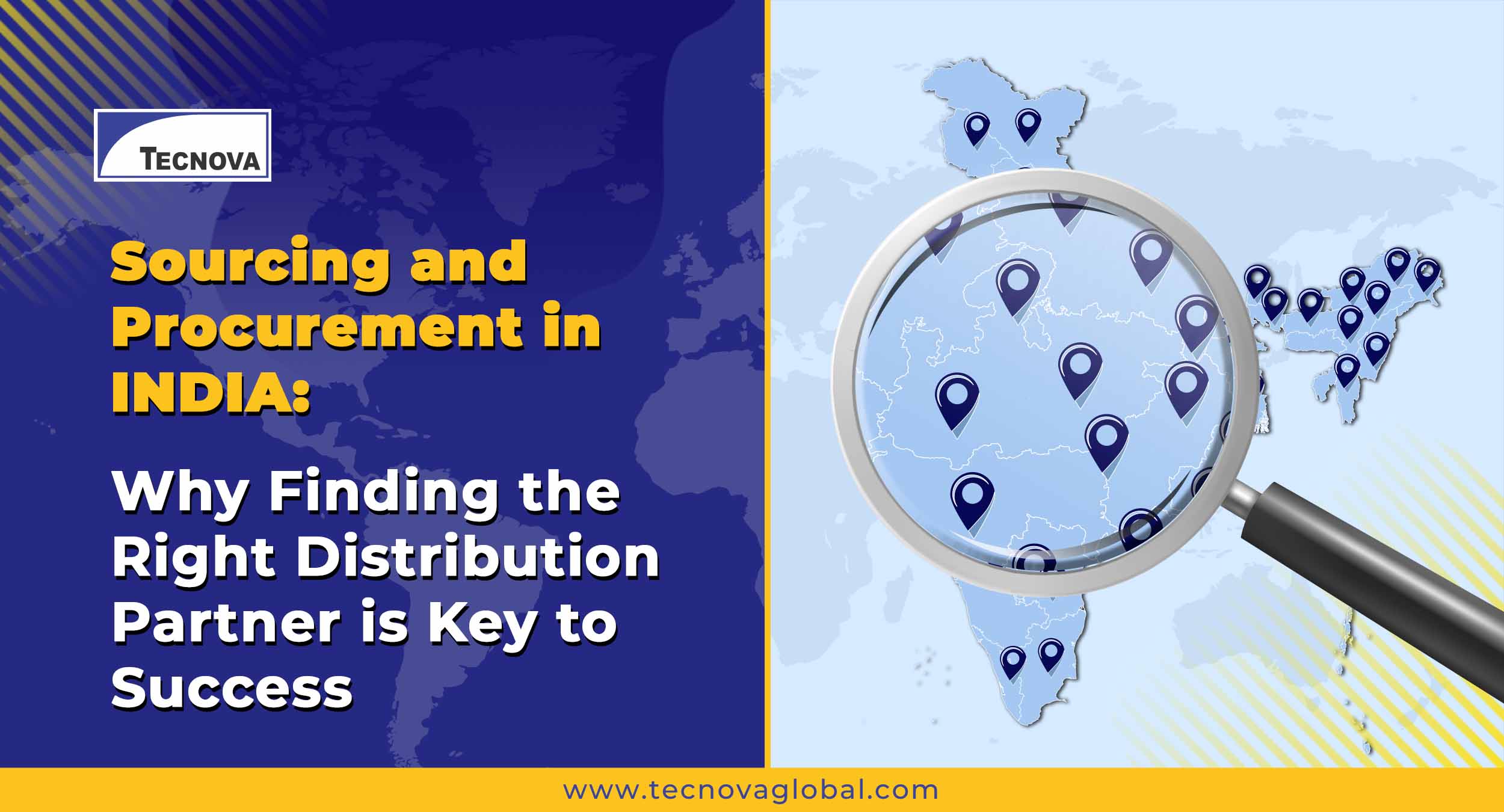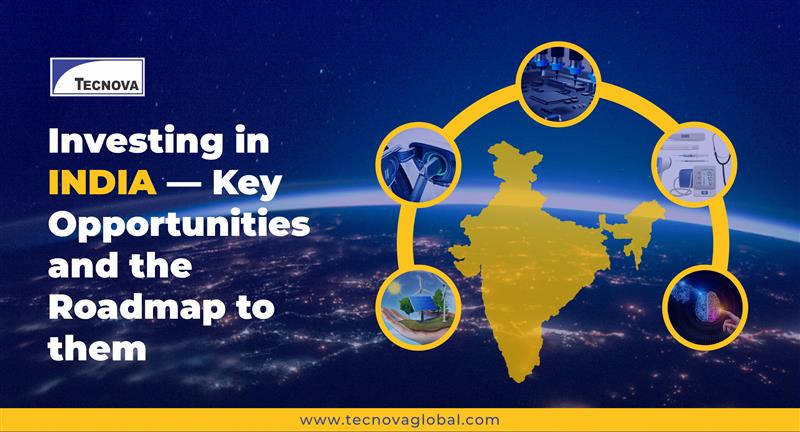The pharmaceutical industry ranks among the top industries in India. The vitality of the pharmaceutical industry is largely due to its status as the biggest supplier of drugs in the world. With that being said, India accounts for 60% of the global vaccine production, and 70% of the WHO (World Health Organisation) demands for DPT and BCG vaccines.
However, several challenges in the healthcare sector are still present that need prompt resolution. Here we will see a couple of important strategies and the state of the Indian Pharma Industry.
State of Indian Pharmaceutical Company
The state of the Indian Pharma Industry is growing at a rapid scale. As per recent reports, it has increased from USD 40 billion in 2021 to a projected growth of USD 130 billion by 2030. The same report also states that Indian Pharma companies command over 20% of the global pharma supply chain.
Indian pharma companies meet 60% of generic medicine demands in the USA. Additionally, it also meets a quarter of the demands in the United Kingdom.
Challenges Faced by Healthcare and Pharma Companies in India
Some of the challenges in healthcare are as follows:
1. Regulatory Compliance and Quality Standards
The Indian healthcare system requires compliance with several essential laws, such as the Clinical Establishments Act, the Medical Council of India Regulations, and specific healthcare laws like the Drugs and Cosmetics Act 1940.
2. Intellectual Property Right-Related Issues
In the Indian market, a developed product cannot earn its patent unless it is unique. This indicates that drug formulation and its production techniques can be patented only if it is unique.
Developing countries like India criticise the patent system as it leads to a monopoly in the market. Thus, to avoid such kind of actions the IPR (Intellectual Property Rights in India) is strictly regulated.
Although this is good for the common people availing drugs on a larger scale the profit margin may not be suitable. At this point, there is a need for healthcare consulting firms in India to manage their affairs.
3. Global Supply Chain Disruptions
One of the key healthcare and life sciences challenges to fix is the global supply chain issues. Indian pharmaceutical firms depend on foreign sources for the essential raw materials required to manufacture medications.
When there are large-scale disruptions in the global supply chains due to political instability, or wars, it raises the operations costs of the company.
4. Research and Development Scope Being Low
Research and development are critical for unveiling discoveries that help the company achieve success. Innovation is a critical aspect of Indian Pharma industries however, funds required for such innovation might take time.
Creating innovations requires not only time and money but also expertise. Thus, one of the prime challenges that healthcare firms in India face is balancing money, efforts, and expertise to drive innovations.
However, the Indian government is providing ample incentives to the pharma companies to balance out crunches in funds using the Production Linked Incentive Scheme, which offers fermentation incentives of up to 20% and chemical synthesis-based incentives of up to 10%.
5. Lack of Diversity in Leadership Roles
The leadership positions in India often have outdated practices some of them involve using push tactics rather than pull. For example, in India, the same drug is sold by the majority of the companies.
Thus, at the end of the quarter, a manager generally looks at revenue push using unfair means. They generally spike their medical representatives to make the doctors prescribe the same medication using unacceptable means.
With all these, although the Indian leaders are making milestones, innovations are outdated, and influence has become the norm of the day. In a larger context, this adds a formidable challenge in healthcare.
The Indian Pharmaceutical sector shows that 95% of the leaders in Indian healthcare are Chemistry graduates, which indicates a lack of educational diversity.
6. Skill Shortage in Pharma Manufacturing
The Government of India is providing a decisive push using many schemes like the Promotion of Research and Innovation Program (PRIP) scheme, the MedTech policy, and discussions about ‘One Health’ during the G20 summit. However, there are very few academic institutions that focus on advancements in pharmaceutical manufacturing.
Year-on-year average growth of the pharma companies is 16.5% in 2023, which makes it even more urgent for companies to hire skilled professionals.
This is a critical challenge in healthcare that can be solved by upskilling the students. When the students are inspired by the pharmaceutical sector major bottlenecks can be removed effectively.
7. Price Control Regulations
The Indian government enforces strict price controls on essential drugs, which can limit profit margins for pharmaceutical companies. While this is beneficial for consumers, it poses a challenge for companies trying to balance cost and innovation. Exploring approaches and strategies to deal with these rules can offer perspectives for those involved in the sector.
Strategic Solutions for Resolving the Issues in the Healthcare Sector
Although there are many challenges in healthcare government is trying to implement strategic solutions, they are:
1. Government Support
As mentioned earlier there are many support schemes introduced by the Department of Pharmaceuticals, Government of India. In 2022, to provide increased benefits and simplify the process three schemes are merged for the pharmacy sector, they are:
● Assistance to the Pharmaceutical Industry for Common Facilities (API CF)
● Pharmaceutical Technology Upgradation Assistance Scheme (PTUAS), and
● Pharmaceutical Promotion and Development Scheme (PPDS).
2. Invest in Developing Proper Infrastructure
Developing a viable infrastructure also helps to maintain stability in the production and distribution of drugs. Therefore, infrastructure technologies serve as a great way for companies to remove disruptions and progress appropriately.
3. Increasing Capability of Drug Manufacturing
When a firm or an industry increases its drug manufacturing capacity it automatically helps in improvement. Therefore, a pharmaceutical firm needs to increase its viability by strengthening its manufacturing potential.
4. Automation and adoption of AI in the pharmaceutical field
As per data, utilization of AI can potentially increase the revenue by up to USD 350 billion to USD 410 billion by 2025. The annual CAGR of the company has the potential to increase by a CAGR of 42.68%.
This data indicates a significant improvement in the pharma sector using AI and other automation tools.
There are several challenges that healthcare consulting firms in India can help you to solve. With the right option, challenges in healthcare can be easily solved and help you to reach greater heights and success.
Tecnova is one such partner that helps you succeed by helping your company select an appropriate contract manufacturing partner. Additionally, it also helps a firm in setting up a distribution network, or help in establishing an expert-oriented manufacturing facility.
References
https://shorturl.at/Eo1ct
https://shorturl.at/xvimr
https://shorturl.at/5rVEs





.png)









.png)






.jpeg)

















.png)
.png)









.jpg)




.jpg)























































